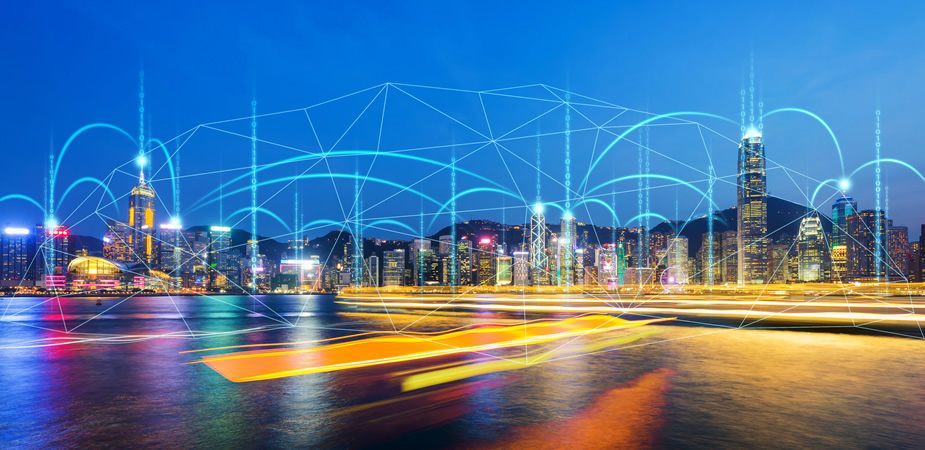Smart Cities

No matter how far different cities have come in their transition to “smart cities”, we can expect antiquated systems to become obsolete and replaced by more advanced systems in stages. Therefore, it is high time for us to “reimagine” different key aspects of our lives.
Traffic congestion can be more than just an annoyance to commuters day in day out, as it actually has far-reaching implications for society’s productivity on the whole. Here at SENG, research has been underway to find solutions targeting intricate urban transportation issues, from different perspectives such as traffic control, congestion pricing and intelligent transportation systems.
Smart infrastructure has also become a crucial solution to ameliorate problems resulting from overpopulation. In order to be “smart”, cities nowadays should significantly increase the proportion of energy-efficient buildings via advanced construction management, and these are among the key areas covered by our researches that are intended for shaping smart cities.
Simultaneously, since public resources have long been under great strain, we are dedicated to coming up with technologies such as smart urban water supply systems to revolutionize the way basic essentials as such are distributed.
As “going contactless” has also become an increasingly indispensable way for us to navigate our way through the modern world, smart sensing technologies are constantly fine-tuned by our engineering community at SENG, in a bid to enhance both their effectiveness and security.
All in all, the potential of different aspects of our daily lives should continuously be unleashed to propel further development of our cities.
Relevant Faculty Members
Relevant Research Infrastructure
- Aerodynamics and Acoustics Facility (AAF)
- Chinese National Engineering Research Center (CNERC) for Control and Treatment of Heavy Metal Pollution (Hong Kong Branch)
- Geotechnical Centrifuge Facility (GCF)
- GREAT Smart Cities Institute (GSCI)
- HKUST-Bright Dream Robotics Joint Research Institute
- HKUST-China Unicom Joint Laboratory on Smart Society
- HKUST-DiDi Joint Research Laboratory
- HKUST-MTR Joint Research Laboratory
- Wastewater Technology Laboratory (WTL)
- Water Technology Center (WTC)
